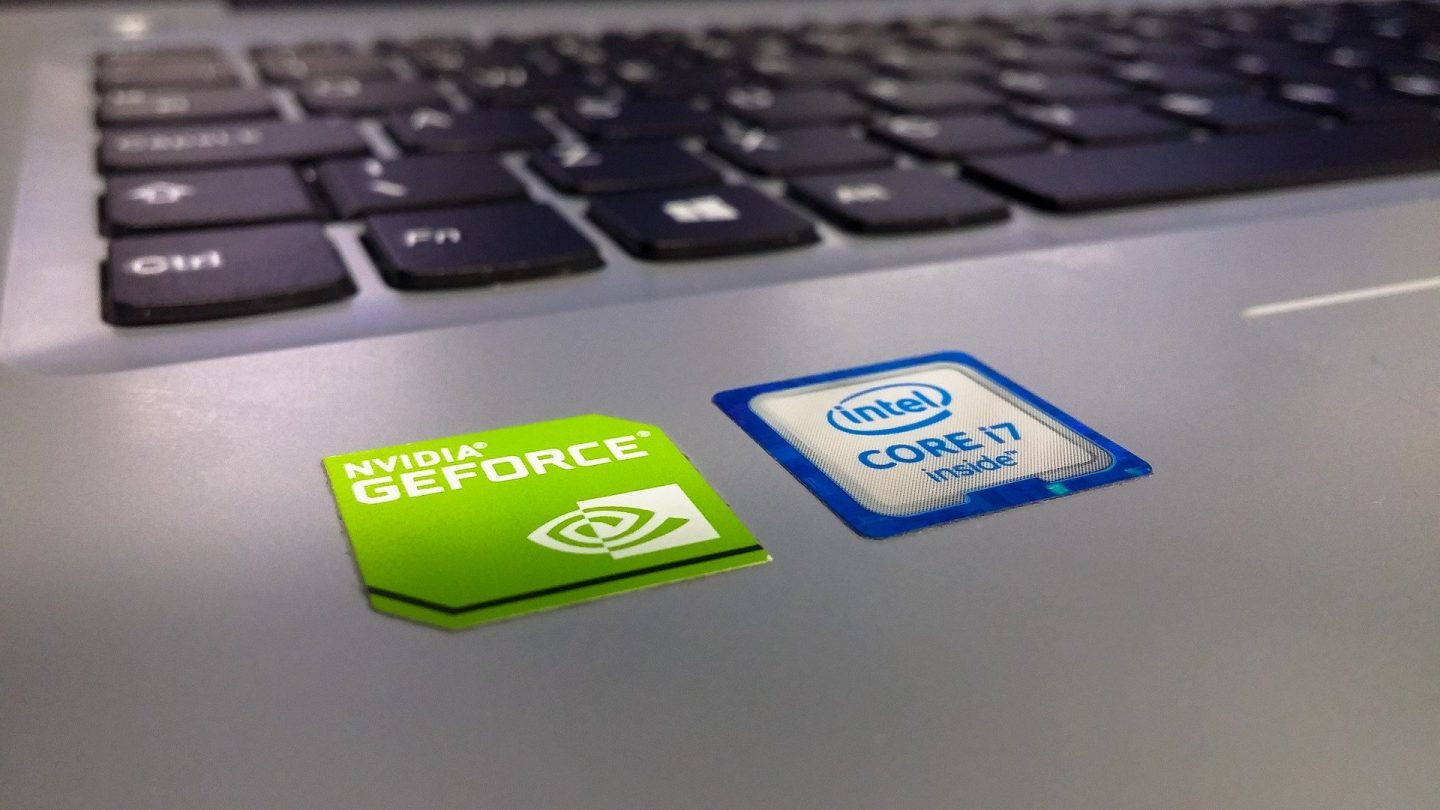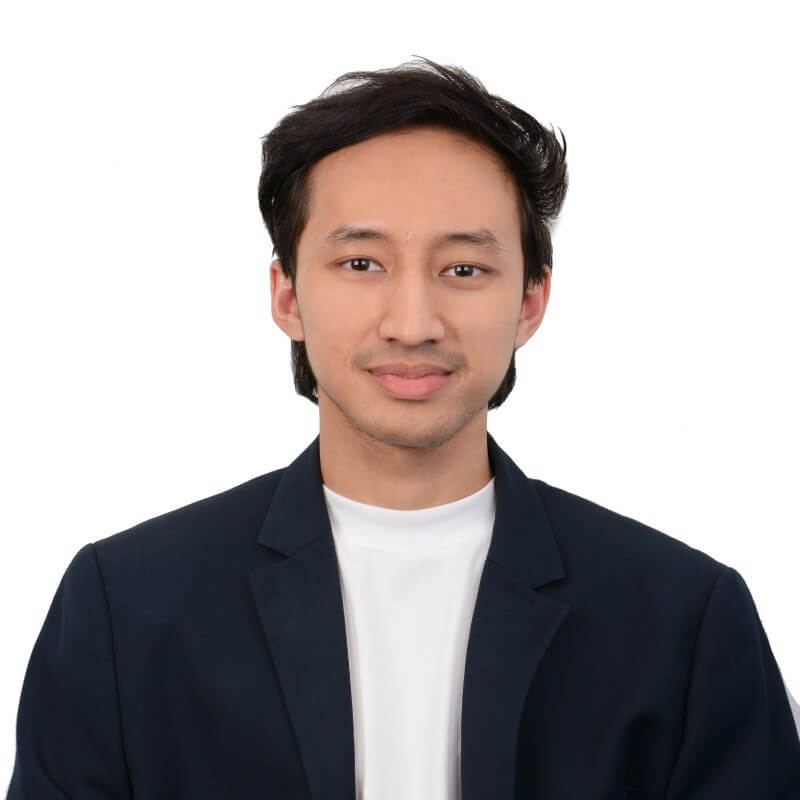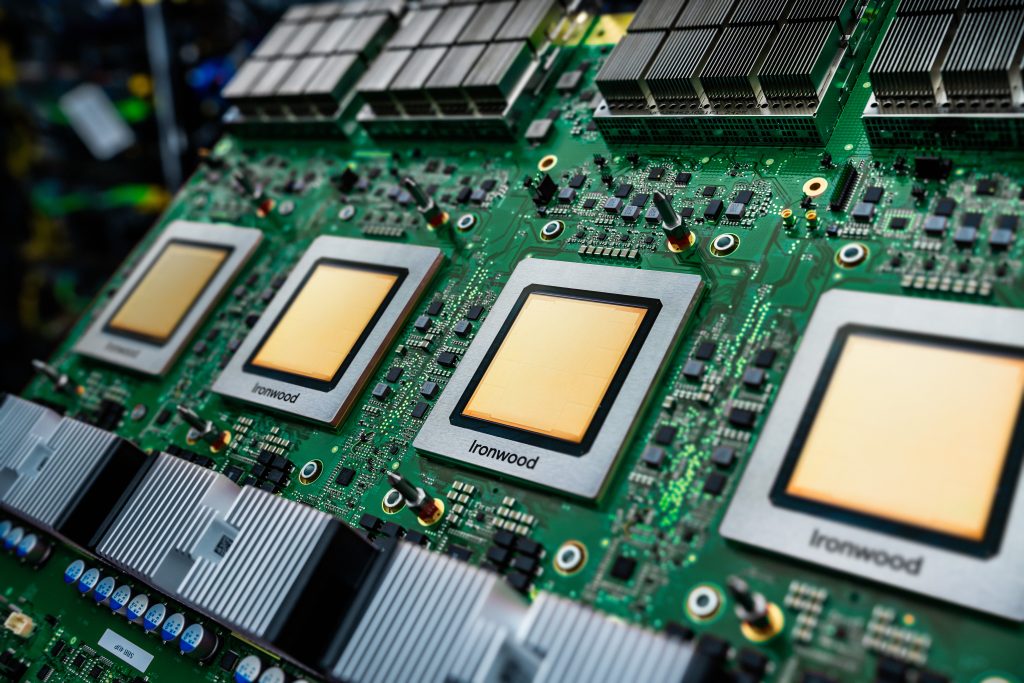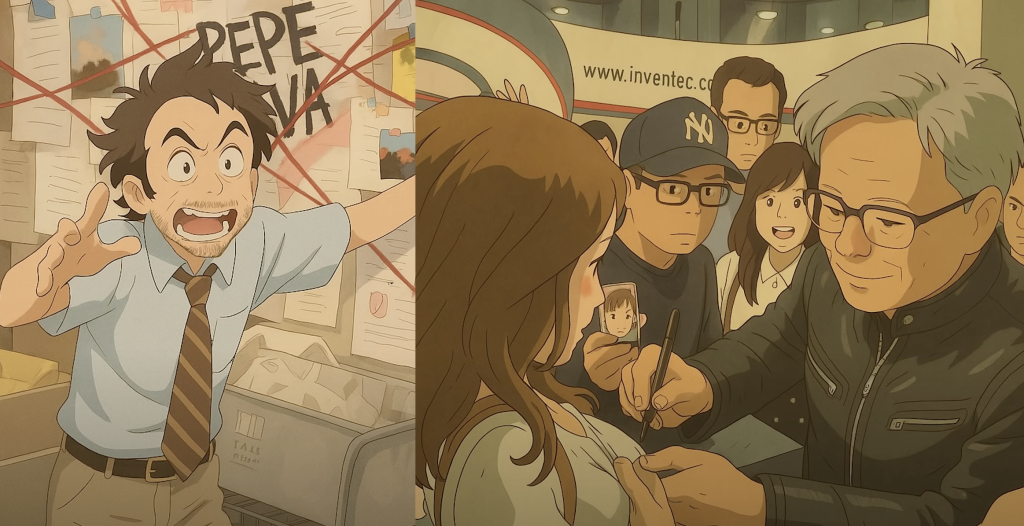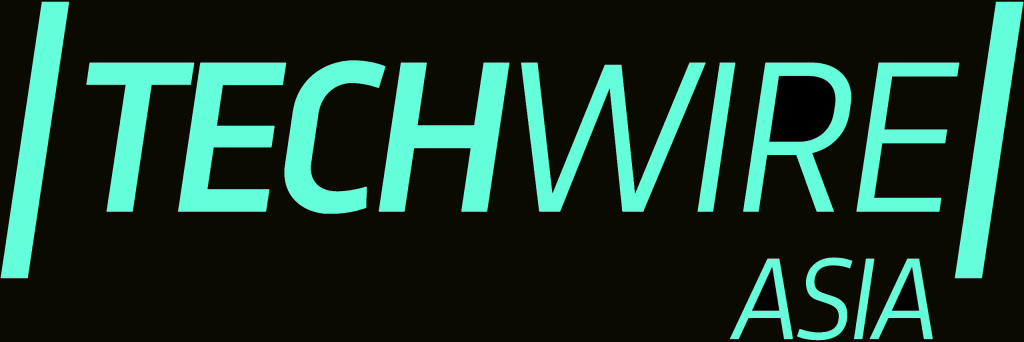- Nvidia CEO Jensen Huang expresses confidence in the resilience of global collaboration.
- President-elect Trump’s potential tariffs on Taiwanese semiconductors could disrupt supply chain.
Nvidia’s CEO Jensen Huang believes that global tech collaboration will remain strong, even as the US considers stricter policies on advanced computing products. During a recent visit to Hong Kong, Huang addressed concerns about the evolving political landscape, emphasising that science thrives on openness.
“Open science and global collaboration—cooperation across math and science—have been around for a very long time. They are the foundation of social and scientific advancement,” he said. “That’s not going to change.”
His outlook comes at a critical time. President-elect Donald Trump has reignited debates over tariffs and reshoring chip manufacturing, proposing measures that could significantly impact the global semiconductor sector.
Trump has long-supported tariffs as a tool for reshaping trade and manufacturing. During a recent appearance on Joe Rogan’s podcast, he criticised the CHIPS Act—a bipartisan effort signed in 2022 to boost US semiconductor production—calling it “so bad.” Instead of subsidies, Trump suggested imposing tariffs on semiconductors from Taiwan, arguing that this would push companies such as TSMC to build more facilities in the US.
However, experts are sceptical. William Reinsch, a senior adviser at the Center for Strategic and International Studies, pointed out that TSMC is already building a fab in Arizona. “Tariffs aren’t going to make that move any faster. If anything, they might complicate the effort,” he said.
Potential impacts on Nvidia and the tech industry
If Trump moves forward with tariffs, companies like Nvidia and AMD, which rely heavily on Taiwanese chips, could face rising costs. While their expenses might be passed down to customers, the ripple effects would likely be felt across the tech industry.
Huang was measured in his response to present uncertainties. “Whatever happens, we’ll balance compliance with laws and policies, continue to advance our technology, and support customers worldwide,” he said.
During his visit Huang also discussed broader issues, such as the energy demands of AI technologies. “If the world uses more energy to power the AI factories of the world, we’re a better world when that happens,” he said. He suggested sustainable solutions, such as placing AI supercomputers in remote areas powered by renewable energy.
“My hope and dream is that, in the end, we’ll all see that using energy for intelligence is the best use of energy,” Huang said, underscoring AI’s potential to address global challenges—from carbon capture to designing better wind turbines.
The stakes of reshoring chip manufacturing
Reshoring chip production has become a national security priority for the US, especially after the pandemic exposed vulnerabilities in global supply chains. As of 2021, 44% of US logic chip imports came from Taiwan. A major disruption in Taiwanese manufacturing could cause logic chip prices to surge by as much as 59%, according to a 2023 US International Trade Commission report.
The CHIPS Act aims to mitigate such risks, and companies have already started building new US facilities. Still, Trump’s proposed tariffs could introduce new challenges, potentially cutting profit margins for US-based companies like Nvidia.
Reactions to Trump’s tariff proposals are divided. Dan Newman, CEO of Futurum Group, suggests the idea may be more political posturing than a concrete plan. “Trump is unlikely to move forward with anything that hurts the economy,” he said.
However, Columbia Business School’s Lori Yue argued there’s a high chance Trump could impose tariffs. She added that deregulation related to AI under a second Trump administration might offset some of the financial strain on chip companies.
A new era for AI and computing
Huang closed his trip to Hong Kong on a hopeful note. Speaking at the Hong Kong University of Science and Technology after receiving an honorary doctorate in engineering, he told graduates they are entering a transformative era.
“The age of AI has started,” Huang said. “The whole world is reset. You’re at the starting line with everybody else. An industry is being reinvented. You now have the instruments necessary to advance science in so many different fields.”
While uncertainties about US technology policies remain, Huang’s message was clear: innovation will continue, driven by a new generation ready to redefine what is possible.
Want to learn more about AI and big data from industry leaders? Check out AI & Big Data Expo taking place in Amsterdam, California, and London. The comprehensive event is co-located with other leading events including Intelligent Automation Conference, BlockX, Digital Transformation Week, and Cyber Security & Cloud Expo.
Explore other upcoming enterprise technology events and webinars powered by TechForge here.

